Homeland Security Agents Conduct ‘Wellness Checks’ on Migrant Minors
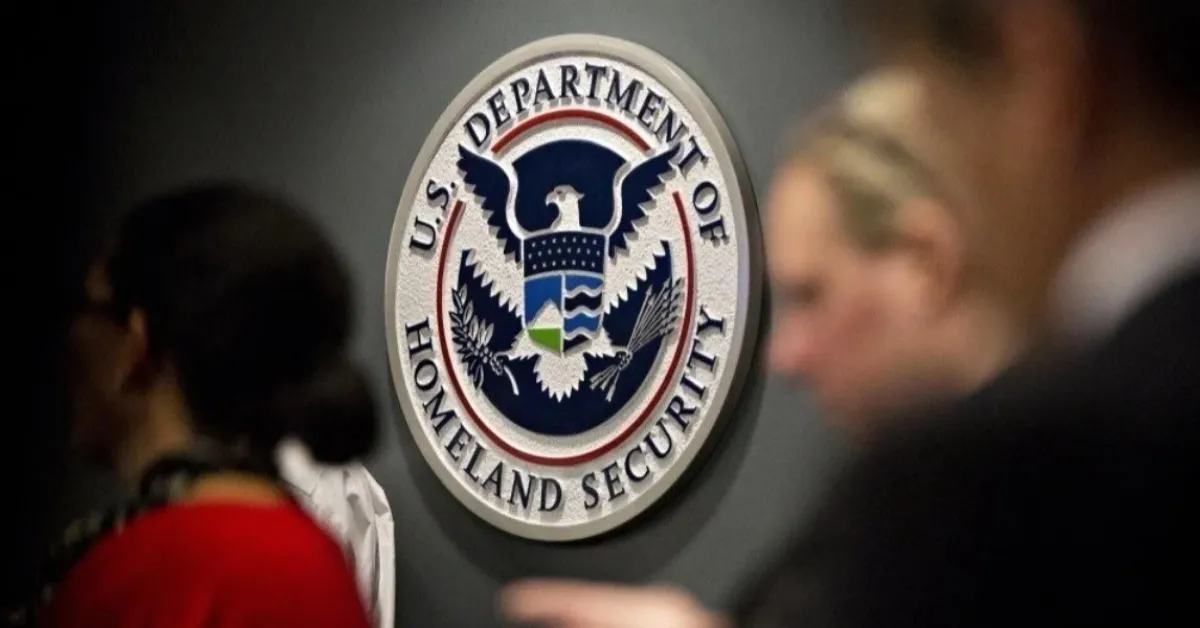
Unannounced home visits by the US Department of Homeland Security (DHS) to check on unaccompanied immigrant minors placed under the care of guardians are sparking significant concern among legal advocates, social workers, and immigrant rights organisations.
These surprise welfare checks, perceived as a shift in oversight responsibilities, are raising fears of a return to law enforcement agencies managing child welfare—an approach that may increase the risk of deportation and hinder the protection of vulnerable children. The issue came to light recently when DHS officials conducted an early morning welfare check on two teenage brothers, Juan and Jaime Rojas, who had entered the United States from El Salvador more than a year earlier.
The visit to their Boston apartment, where they reside with their legal caretaker, Ely Rojas, jolted the siblings awake and left them uncertain about the purpose of the visit. According to Ely Rojas, the brothers, aged 13 and 15, had travelled to the US-Mexico border seeking safety after their father abandoned them and their mother succumbed to cancer. After being taken into federal custody, they were released and placed under Ely's guardianship.
This incident underscores a growing trend of DHS conducting unannounced home visits to assess the well-being of unaccompanied minors. Traditionally, the welfare of unaccompanied immigrant minors has been overseen by the Office of Refugee Resettlement (ORR), an agency within the US Department of Health and Human Services. The framework for this oversight was established in the Trafficking Victims Protection Act of 2000, which set protocols to ensure the safety and care of immigrant children.
Before that, custodianship had been under the US Immigration and Naturalisation Service—a now-defunct entity with direct deportation authority. For decades, immigrant rights groups fought to separate immigration enforcement from child welfare services, arguing that placing vulnerable minors under the purview of deportation-focused agencies created inherent conflicts.
Now, attorneys and advocates worry the recent Homeland Security visits could signal a reversion to a system where immigration authorities regain control over the monitoring of migrant children. Wendy Young, president of Kids in Need of Defence (KIND), a legal advocacy group specialising in immigrant child welfare, expressed deep concern over DHS's involvement in welfare checks.
"It risks driving these children further underground, making them more susceptible to trafficking, and undermining their ability to establish safe, stable lives in the U.S.," Young stated.
Homeland Security officials argue that the visits are part of a broader effort to protect unaccompanied minors from exploitation. A senior DHS official has claimed the Biden administration previously allowed children to be placed with sponsors who turned out to be "smugglers and sex traffickers." The department insists the welfare checks are necessary to ensure the safety of immigrant children, emphasising that they have reunited over 6,000 minors with relatives or other safe guardians.
However, DHS has provided little clarity on whether these reunifications involved deportations, nor have they confirmed whether ORR social workers participated in the checks. Furthermore, the Office of Refugee Resettlement has remained silent on the extent of its involvement in DHS-led welfare inspections, adding to uncertainty among guardians and legal experts.
Despite having completed more than a dozen required check-ins with ORR, including calls verifying their enrollment in school and participation in scheduled court proceedings, DHS agents appeared at their door without prior notice. In the aftermath of the encounter, Juan and Jaime became hesitant to attend school, fearing their presence might lead to further scrutiny or detention.
According to Ely Rojas, the brothers have seen videos of ICE agents breaking down doors and pulling people from their homes, which has heightened their fear of deportation. Local immigrant service organisations confirm that the frequency of DHS welfare visits has increased in recent months. Stephanie McCarthy, vice president of Children and Families Services at Ascentria Care Alliance, notes that Homeland Security had approached her organisation with requests to assist with their welfare checks.
"It was framed as a request to facilitate inspections—gathering children so DHS agents could assess their well-being," McCarthy explained. "We declined. Our kids are not livestock to be inspected."

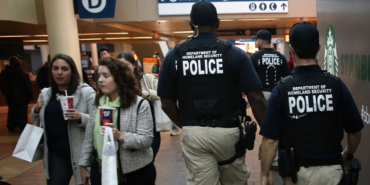

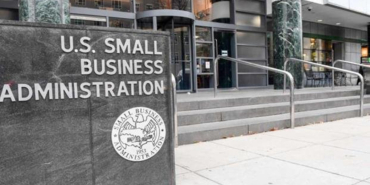
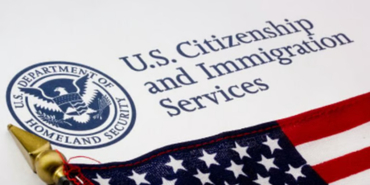
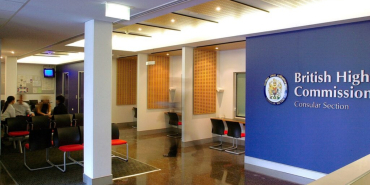
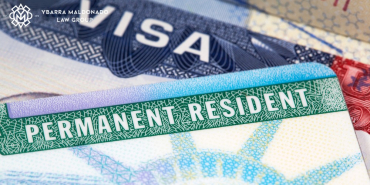

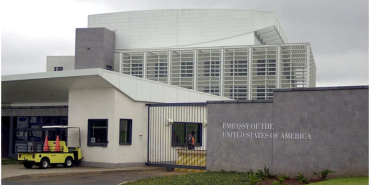


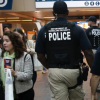


Add new comment